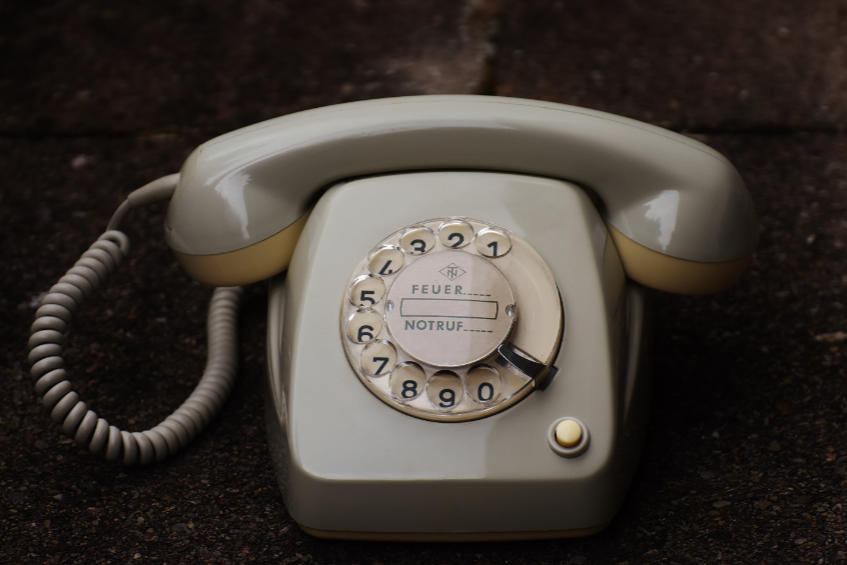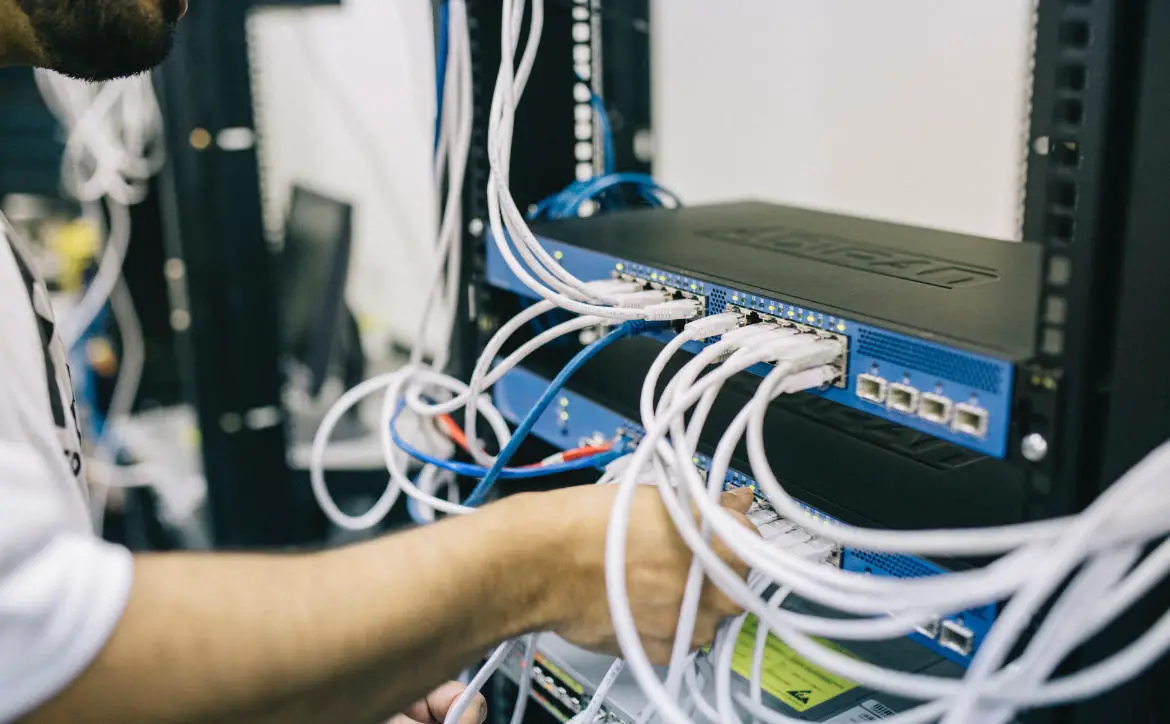In the modern age, the internet is every bit as important to homes as businesses as electricity. In fact, without the internet, there is just so much that wouldn’t be the same and which wouldn’t be able to function in the same way. The business world operates online, and we require the fastest speeds possible for our needs. When it comes to internet providers, Perth has a wide range of options, and within that, each will offer different kinds of connections, but which internet connection is the best?
Estimated reading time: 5 minutes
When we talk about the ‘best’ internet connection, the key characteristics are speed and consistency. Patchy internet or slow speeds are more than just a cause for frustration; they also directly impact how the world operates. Here is the range of options you can choose from when it comes to getting connected, which is the best option for your needs.
Why Knowledge is Important
The scale of the problem regarding slow internet cannot be overstated. A recent study which was carried out by the research group NPD found that in the US alone, there are 100 million people who don’t have internet speeds beyond 25Mbps. This is the same story in many countries around the world, including here in Australia. The limitations on speed are often location-based, so there are multiple options for the right kind of connection.
Fiber-Optic Connection
Fiber-optic connections have been hailed as a game-changer regarding the speed of our internet and the speeds it can offer out-perform any other option. On average, the typical bandwidth download for fiber-optic is between 50 and 1,000 Mbps. These cables are laid in the ground for users to be able to access. While this is the fastest and most reliable internet connection option, there are limitations to using fiber-optic internet. The two main reasons why more people haven’t got access to fiber-optic internet is that the cables are yet to be installed in many locations. Another drawback of this kind of connection is that it comes with quite a cost attached to it, and is the most expensive of all internet options. The pros of speed and consistency make this a great option, yet it does require professional installation, and there are a limited number of providers.
Cable Connection
A cabled connection will deliver download speeds of between 25 and 200 Mbps, depending on where you live and the strength of the connection. This is an excellent option for high bandwidth activities like gaming, streaming music, and watching TV streaming services too. The way this connection is delivered to the home is the same way we receive cable television. In light of this, you will often find that cable TV services and internet providers will offer a packaged deal for both. These bundles can be a cost-saving way of getting speedy internet into the home. When compared to all other connections beyond fiber-optic, there is no doubt that cable offers the strength, speed, and consistency that homes and businesses require. However, one of the drawbacks of this particular kind of connection is that bandwidth is shared by neighborhoods, which can impact latency during busy times of the day.

Dial-Up Connections
Once upon a time, dial-up connections were the only option we had to gain access to the web, yet this is now an option that is very rarely used. Most often, we will see a dial-up connection used in remote areas of the country, particularly in rural communities. Of course, this is because the cabling hasn’t been installed in these areas, as it simply isn’t cost-effective for internet providers to do so. The greatest problem with this connection is that the average bandwidth is between 40 and 50 kilobits per second, which isn’t good enough to watch a YouTube video with ease. Naturally, this is still a good option for those who otherwise wouldn’t connect and is perfectly usable for communication like sending emails and messages. This dial-up connection runs straight from the phone line, it is offered by a huge range of providers, and it is shallow indeed. Many plans, however, could limit your time online, and not being able to use the phone when you are connected is another clear issue with this option.
Digital Subscriber Line (DSL) Connection
This option also uses the existing telephone network in the home or the office, which is brought into the property using a phone wall jack. Much like a dial-up connection, this is a very low-cost option for users, and it is widely available across the country. Once again, however, we see that the low-cost feature results from the prolonged download speeds of DSL. On average, we see faster speeds than dial-up, yet between 5 and 45 Mbps isn’t too impressive given other available options. Another key benefit of using DSL is that the bandwidth is dedicated to the user rather than shared amongst your neighbors. This means that you won’t have to worry about inconsistent speeds and peak hours. If you are planning to upload a lot of data, this isn’t an option for you, yet it is perfect for basic online tasks such as web browsing and sending communications. Similar to the dial-up connection, phone use isn’t possible when you are online, which of course, presents issues. This is, however, low cost and widely available, and a wonderful option for many who don’t rely heavily on the internet.
Which is The Best Option?
The best option regarding the internet connection you choose will be based on your own needs around usage. There are, of course, going to be limitations based on what is actually available to you as well. If, however, you can gain access to it and happy to pay the money, then fiber-optic is by far and away from the best choice for your internet connection. Fiber-optic is the fastest, most consistent connection that will cater to all of your needs, be it gaming, streaming, or operating multiple devices at once. Coverage for fiber-optic is increasing by the day, and if you aren’t able to get it just yet, then it won’t be long before you can.
What do you think of the internet connection you currently use? Which internet connection do you think is best? Please share your thoughts on any of the social media pages listed below. You can also comment on our MeWe page by joining the MeWe social network.










